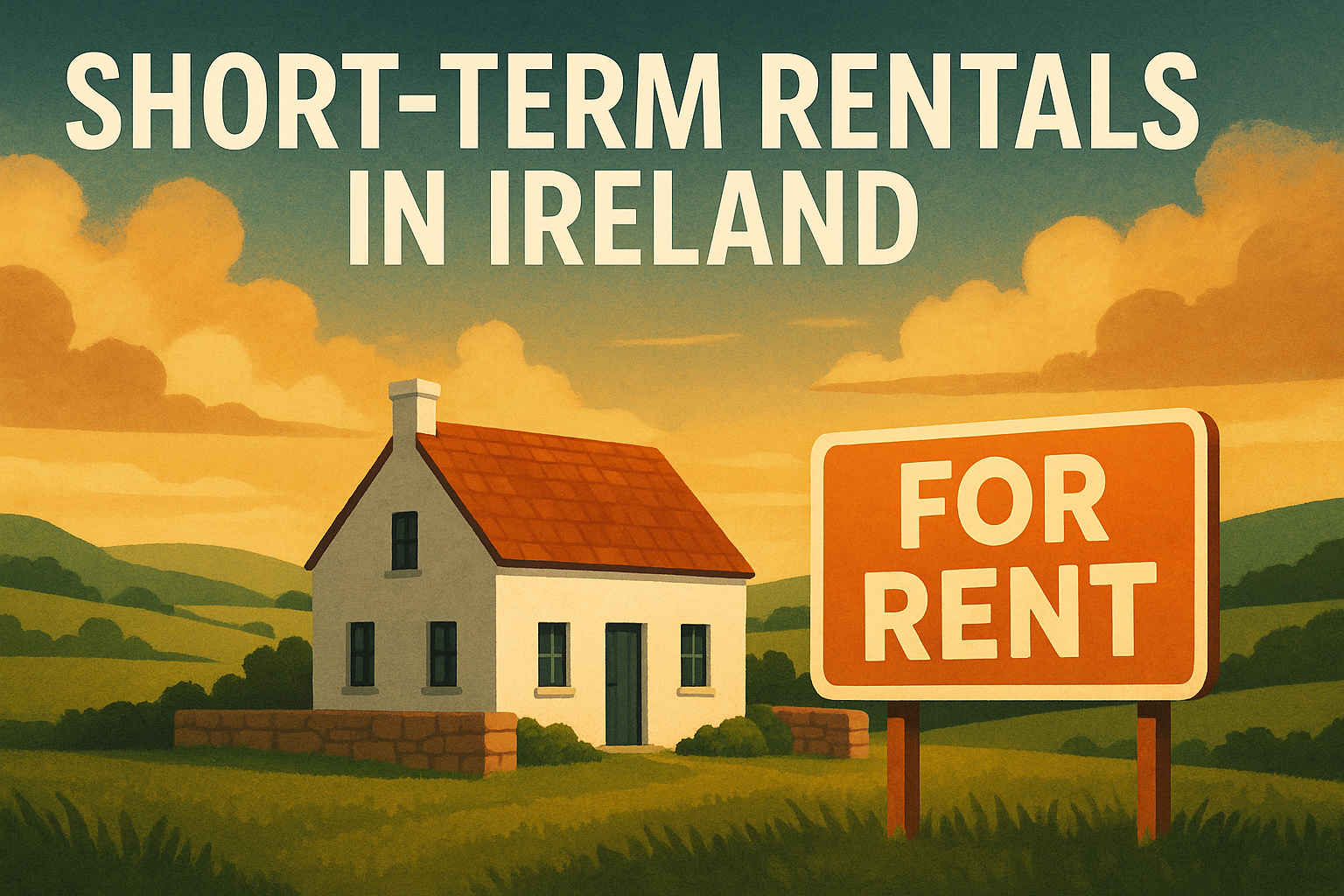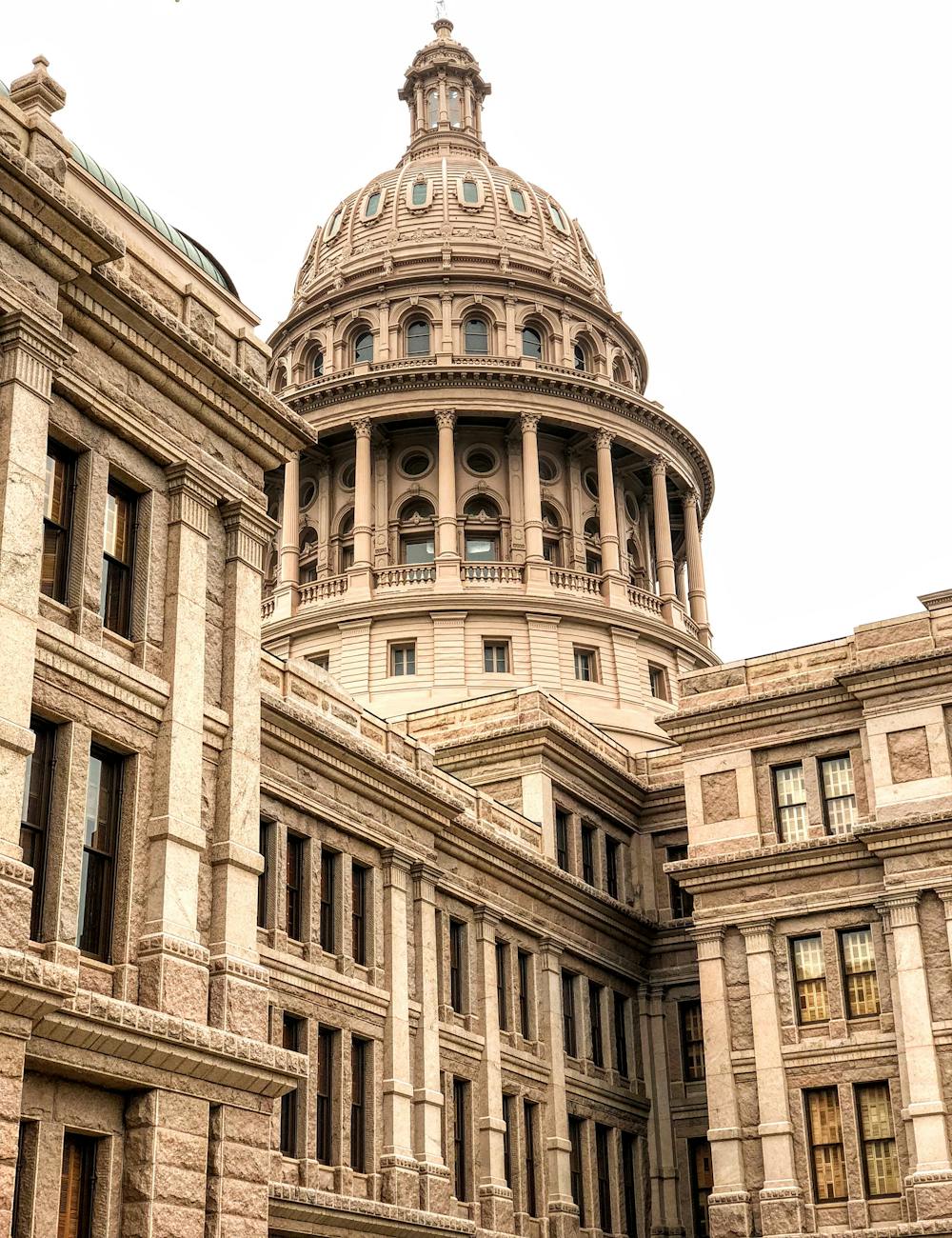Alright, let’s talk straight. Across the pond in Ireland, they’re wrestling with the same things we see right here in our neighborhoods: the boom of short-term rentals (STRs). We’ve got a new pile of research, including a big study paid for by Airbnb, shouting some impressive numbers about money and jobs. But what’s the real story behind the headlines, and what can towns and cities across America learn from Ireland’s experience? As your community impact correspondent, I dug in.
The Shiny Numbers – What the Big Study Says
First, let’s talk money, because the numbers are eye-popping. The study by Oxford Economics claims that in 2022, Airbnb activity pumped a whopping €501 million ($540 million USD approx.) into Ireland’s economy. Think about that – half a billion euros! They say it supported nearly 5,000 jobs across the country.
Where did this cash come from? Guests spending money. The report estimates they spent €537 million ($580 million USD approx.) – partly on their stays, putting money directly into hosts’ pockets (around €255 million), and partly splashing out in local shops, pubs, and restaurants (over €180 million).
Here’s something interesting for our own communities: the study says STRs are helping spread tourism dollars beyond the usual big city hotspots. In Ireland, Dublin’s share of Airbnb nights apparently dropped significantly, while regions out west and southwest saw big gains. Could STRs be a lifeline for smaller towns here in the US, bringing in visitors who might otherwise never stop by?
And let’s not forget the hosts. The typical Irish host reportedly earned just over €5,600 (about $6,000 USD) in 2022. For many families, especially when costs are rising everywhere, that extra income isn’t just nice-to-have; it’s a vital buffer helping them make ends meet or fix up their homes. That’s a powerful community impact right there.
Making sense of all this – the opportunities, the rules, the local market buzz – isn’t easy, is it? We’ve seen how places like Ireland are grappling with data and regulations, and getting that kind of clarity here in the US is crucial for homeowners trying to host responsibly. You need more than just headlines; you need real insights tailored to your specific area. Thankfully, tools are emerging to help cut through the noise. If you’re looking for detailed information to make smarter decisions about short-term rentals, one resource worth checking out is the StaySTRa Analyzer. Because having the right facts on the ground is the first step to navigating this landscape effectively, wouldn’t you agree?
The Elephant in the Room – Housing Worries
Now, let’s be real. Ireland, like many places in the US, is facing a tough housing situation. Rents are high, finding a place to live is hard, and some folks are pointing fingers at STRs, asking: are they taking homes off the long-term market?
Housing groups like Threshold in Ireland raise alarms, showing numbers like over 20,000 entire homes listed as STRs compared to very few available long-term rentals. They worry about big operators buying up properties just for STRs. It’s a serious concern we hear in American cities too. Are STRs making it harder for local families to find a place to call home?
But hold on, the picture gets complicated. Ireland’s own research institute (ESRI) looked into it and found no clear nationwide link showing STR growth directly caused the drop in long-term rental listings across the whole country. They did say STRs could be having a negative impact in specific local areas, especially tourist hotspots where lots of rentals are concentrated. They also found many STRs, particularly outside cities, used to be holiday homes anyway – meaning they might never have been rented out long-term.
And that Airbnb-funded study? It argues STRs are just a tiny fraction – less than 0.5% – of the total housing stock in big European cities. Their point: even if every single STR went back to long-term housing, it wouldn’t drastically change prices overall.
So, who’s right? The truth is probably messy. STRs likely aren’t the main villain driving housing shortages nationwide, but in certain popular neighborhoods, they definitely add pressure. The question isn’t if STRs have an impact, but how much, where, and what’s the best way to manage it without throwing the baby out with the bathwater?
Rules of the Road – Ireland’s Plan (and Delays)
Ireland knows it needs clearer rules. They’re working on a national sign-up sheet – a register – for all STR properties. The idea is simple: get everyone listed, give them a number, and make platforms like Airbnb check that number before allowing bookings. Fáilte Ireland, their tourism authority, is set to run it. This is supposed to bring transparency, help enforce existing rules (like needing planning permission in certain zones), and maybe nudge some properties back to the long-term market.
Sounds sensible, right? It aligns with new rules coming from the European Union, aiming for consistency across countries. Platforms will have to share data, and there will be penalties for breaking the rules – both for hosts and the platforms themselves.
But here’s the kicker: it’s delayed. Badly. Why the holdup? It seems politicians are stuck in a tug-of-war – trying to fix housing problems without hurting tourism, especially in rural areas that depend on those visitor dollars. This delay causes confusion and frustration. While they argue, who is making sure the current rules are even followed? It raises a big question: What good are rules if nobody enforces them?
Lessons for Main Street USA
So, what does Ireland’s rollercoaster ride mean for us here in the States?
- STRs = Real Economic Fuel: Don’t dismiss the dollars. Ireland’s numbers show STRs can bring serious money into local economies, support jobs, and help homeowners earn crucial income. We see this in countless American towns too.
- Spreading the Love: The idea that STRs can push tourism beyond big cities is compelling. For smaller US communities looking for a boost, STRs could be a powerful tool if managed right.
- Housing is Complex: Blaming STRs entirely for housing shortages is too simple. Yes, they can have an impact, especially in hotspots. But the Irish research suggests the reality is nuanced. We need good data, not just assumptions.
- Registration is Key: Ireland’s move towards a national register, matching the EU trend, makes sense. Knowing who is hosting where is the first step towards fair oversight. US cities are already doing this – think Alexandria, VA or Raleigh, NC. It provides transparency.
- Smart Rules, Not Sledgehammers: The goal should be balanced regulation. Outright bans or overly strict caps (like Amsterdam’s 30-day limit, which didn’t solve housing but hurt hosts) might be throwing away economic benefits. The focus should be on:
- Simple, clear registration.
- Using data to understand local impacts.
- Enforcing basic rules (safety, taxes, nuisance).
- Targeting problematic operators (like commercial landlords running illegal hotels), not everyday folks sharing their homes.
- Don’t Get Stuck: Ireland’s delays show that political deadlock helps no one. We need clear rules that people can actually follow, implemented fairly and without endless waiting.
Ireland’s story is a work in progress. They’re showing that STRs offer real opportunities but also raise genuine community questions. The challenge – for Ireland and for us – is to find that sweet spot: rules that protect neighborhoods and housing without crushing the economic engine and the property rights of homeowners sharing their space. Let’s learn from their experience, demand good data, and craft fair, enforceable rules that allow responsible short-term rentals to thrive alongside our communities. Are our local leaders ready to have that honest conversation?










